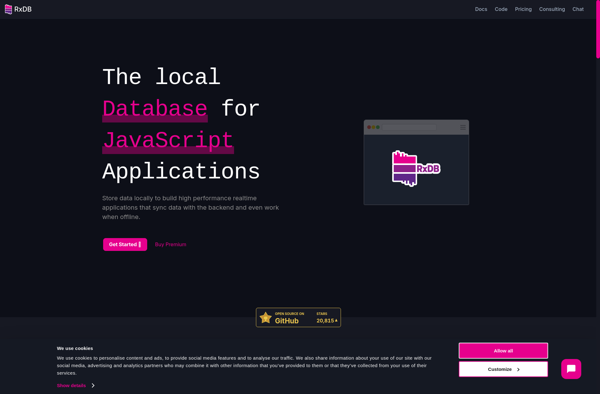PocketBase
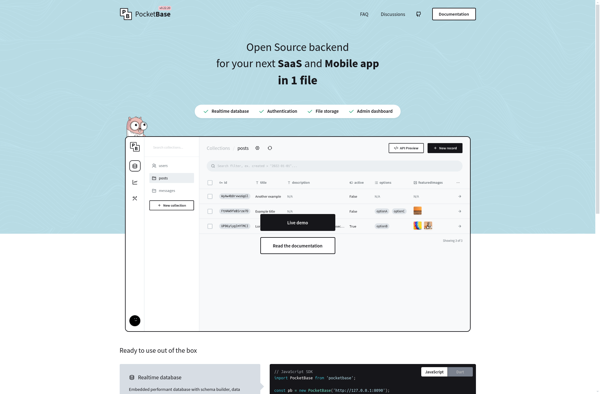
PocketBase: Self-Hosted Database for Small-Scale Projects
An open-source, lightweight database for real-time data syncing and simple database functionality, ideal for small-scale projects.
What is PocketBase?
PocketBase is an open-source, self-hosted NoSQL database that is designed to be easy to set up and manage. It is great for small-scale projects that need simple database functionality without all the complexity of setting up a full database server.
Some key features of PocketBase:
- Lightweight and fast - it uses less system resources than larger database systems
- Real-time data syncing across devices
- Simple dashboard and admin UI for managing data
- REST API for programmatic access to data
- User authentication and permissions built-in
- Cross platform - runs on Windows, Mac, Linux, etc
- Open source with an MIT license
While it lacks some advanced database features like relationships and joins, PocketBase excels at basic data storage and retrieval for projects that don't need the full power and complexity of databases like MySQL or PostgreSQL. It's easy to get started with, handles basic data needs, and has a simple dashboard for viewing and managing data.
Because it is self-hosted and focused on simplicity, PocketBase is a great fit for small web apps, mobile apps, and personal projects where simple persistent data storage is needed.
PocketBase Features
Features
- Realtime data sync
- Open API
- User management
- Access control
- File storage
- Custom functions
- Lightweight and fast
Pricing
- Open Source
- Freemium
Pros
Cons
Official Links
Reviews & Ratings
Login to ReviewThe Best PocketBase Alternatives
Top Development and Databases and other similar apps like PocketBase
Firebase
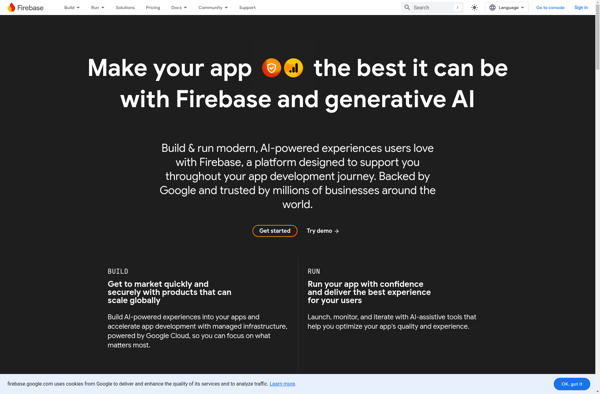
Supabase
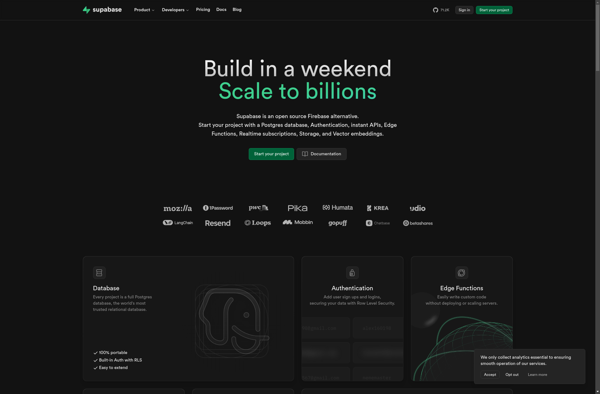
Appwrite
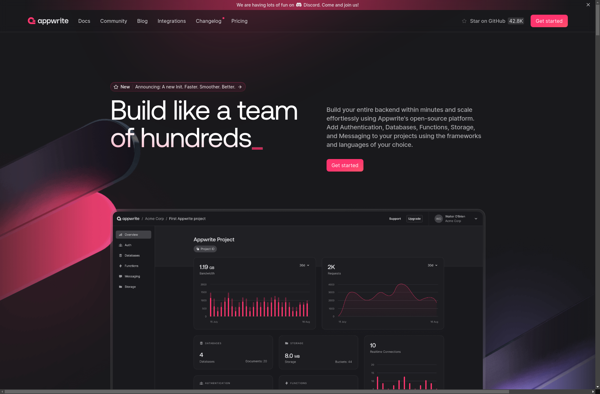
Pusher
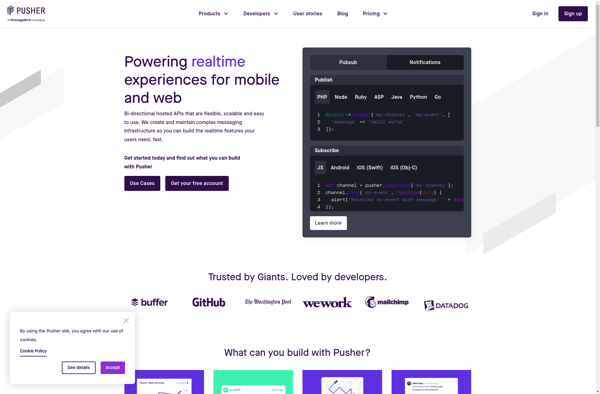
Hasura
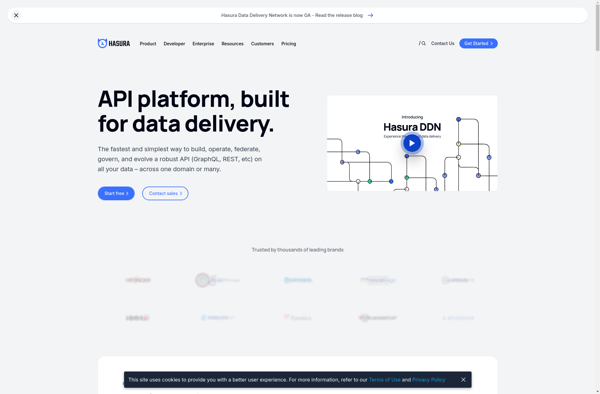
RapidAPI
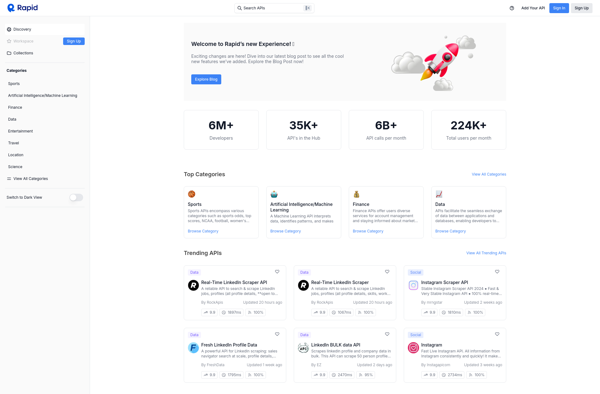
Directus
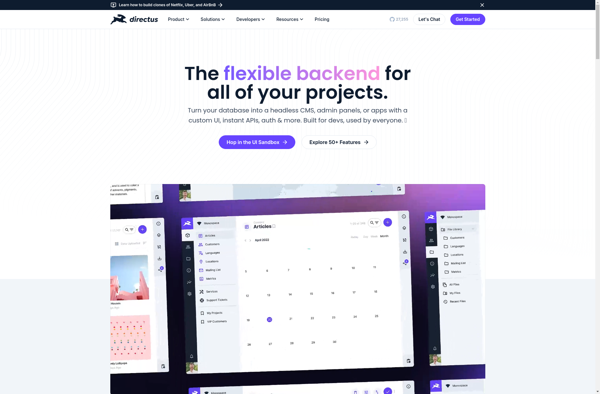
FeathersJS
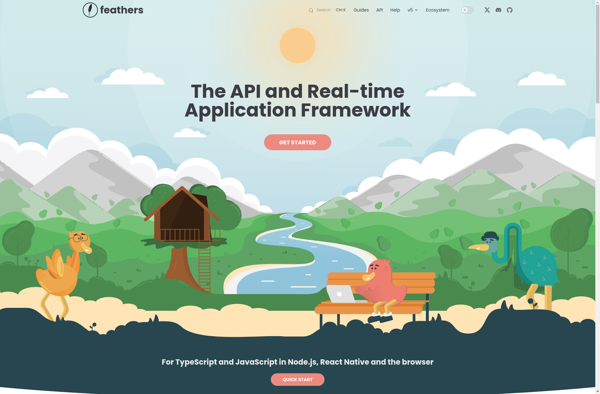
Etebase
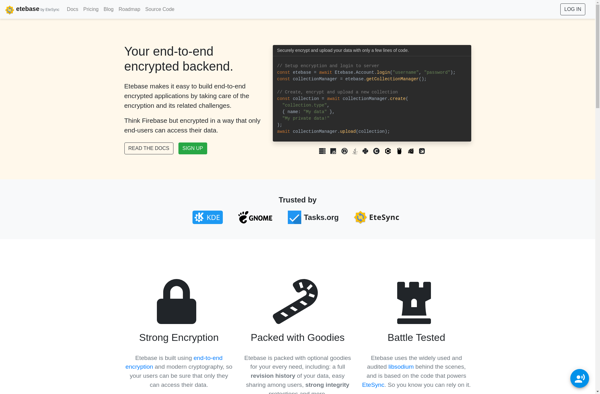
Hoodie
